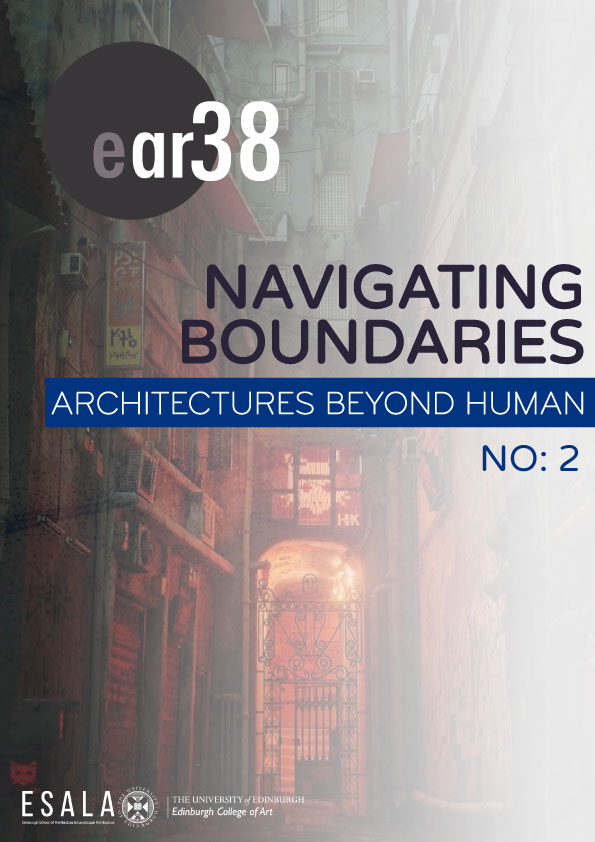Photo-able Urban Green-Blue Spaces
Investigating Social Media Photographs of 186 Cities Worldwide
Abstract
Urban green–blue spaces (UGBSs) are increasingly integrated into the urban fabric transformation, playing a pivotal role in shaping everyday interactions and experiences with nature in the Anthropocene era. Crowdsourcing, facilitated by digital technologies, has emerged as a novel methodological advance for accessing subjective place-based information, allowing the public to produce and share photographs at an unprecedented scale. As people can now readily capture and disseminate images on social media from virtually any location, these photographs contribute to the digital representation of places. Many studies have leveraged social media imagery to explore mental maps of cities, place perceptions, and ecosystem services. This raises fundamental questions: What are the UGBSs that promote photography across cities? What are the similarities and differences among cities’ photogenic UGBSs? And how do cities’ photogenic UGBSs relate to the happiness of their inhabitants? This study investigates these questions through an analysis of 203,020 photographs, taken from social media, of sites across 186 cities over a five-year period (2014 to 2018). Employing Google Cloud Vision and topic modelling with a state-of-the-art neural network model, photographs are clustered and used to identify cross-city features. The correlation between prevalence of photogenic UGBSs and levels of happiness is investigated using linear regression analysis. The results show that UGBSs eliciting photography practice are predominantly characterised by water-related subjects, confirming a widespread aesthetic appreciation for urban blue spaces. Perceptions of UGBSs exhibit significant variability among cities, offering a metric to assess environmental policy efficacy. Lastly, a positive association is found in high-income contexts between number of social media photographs of UGBSs and subjective well-being, while this correlation is not significant in middle- and low-income contexts. This sheds light on human–nature relationships by providing global evidence of how aesthetic appreciation of urban nature influences human well-being.

This work is licensed under a Creative Commons Attribution-NonCommercial-NoDerivatives 4.0 International License.


